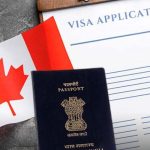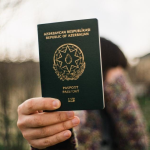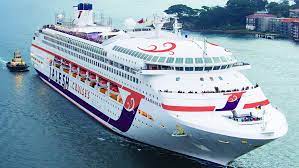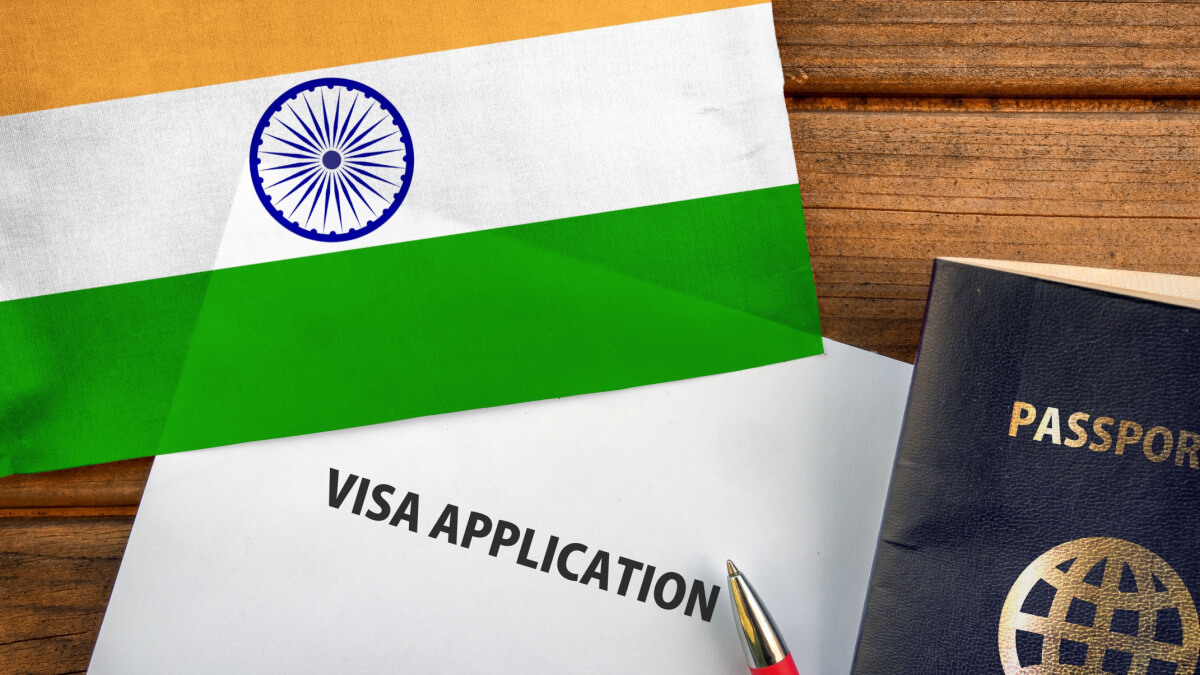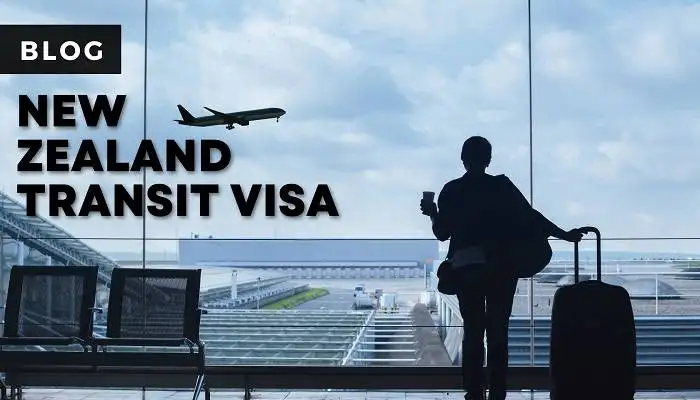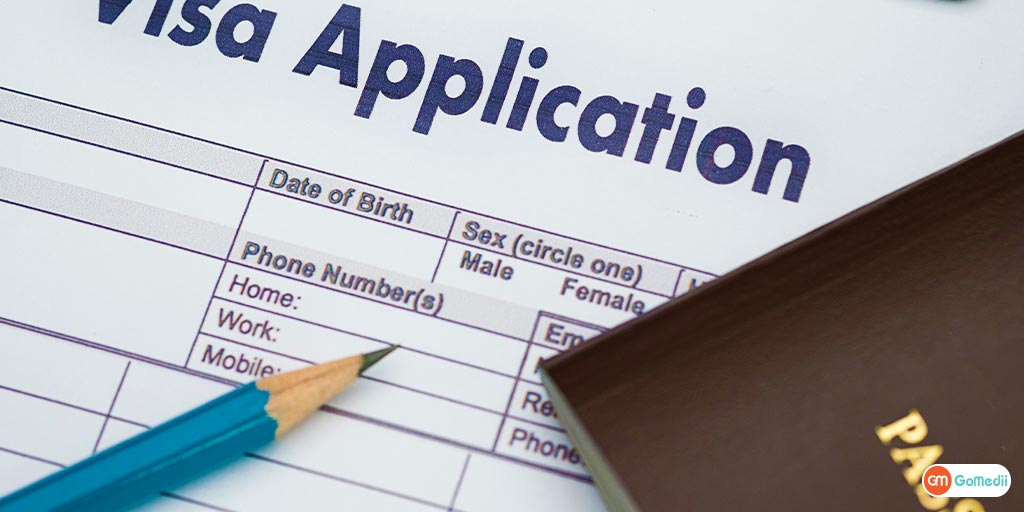Are you a business professional looking to explore the vibrant opportunities in India? Well, understanding the different types of Indian visas is your key to unlocking endless possibilities! From the bustling streets of Mumbai to the tech hubs in Bangalore, this blog post will guide you through a whirlwind journey of visa options tailored specifically for business professionals. Whether you’re attending meetings, seeking investments, or simply expanding your network, brace yourself for an adventure filled with cultural immersion and exciting professional growth. So grab your passport and let’s dive into the world of Indian visas designed exclusively for ambitious go-getters like yourself! Indian Visa for BUSINESS TRAVELERS
What is a Business Visa?
A business visa is a type of visa that allows foreign nationals to come to and work in India. There are three different types of business visas: regular, advance, and special.
Regular business visas are the most common type of visa and allow foreign nationals to come to India and work for any company or organization. Advance business visas are similar to regular business visas, but allow foreign nationals to come to India earlier than normal and start working right away. Special business visas are only available for certain types of businesses and are usually reserved for companies that have some kind of special relationship with India.
General Requirements for Indian Business Visas
The following are general requirements for Indian business visas:
-The applicant must have a valid passport from their country of origin
-The applicant must have proof of hotel reservations or have an invitation letter from the company they are visiting
-The visa application must be filed in advance and the fees can vary depending on the type of visa requested
-The applicant may need to provide some personal documentation such as a birth certificate, school transcripts, etc.
Types of Indian Business Visas
There are different types of Indian business visas that allow foreign professionals to work and live in India. The type of visa you need depends on your occupation and the duration of your stay. Here are the most common types of Indian business visas: Indian Visa HOW TO READ DATES
1) General Business Visa: This is the most common type of visa and is for anyone who wants to work in India for a period of six months or more. You must prove that you can do the job required and that there is no suitable person in India to do it. You also need to show evidence that you have funds available to support yourself while in India.
2) Professional Worker Visa: This is for people who are qualified professionals, such as engineers, doctors, or lawyers. To qualify, you must have a valid passport from your home country and proof that you have a masters degree or higher from a recognized institution. You must also provide references from employers or clients in India.
3) Special Economic Zone (SEZ) Worker Visa: If you want to work in an SEZ, you must first obtain a special permit from the government. Only then can you apply for a worker visa. The permits are usually granted if the company sponsoring your work meets certain requirements, such as being registered with the government and having enough capital investments in the area.
4) Employment-Based Green Card : If you want to stay in India permanently, you may be eligible for an employment-based green card. To qualify,
How to Apply for an Indian Business Visa?
If you are a business professional intending to travel to India for business purposes, then you may be wondering what type of visa you need. The following is a guide on how to apply for an Indian business visa.
First and foremost, you will need to determine if you qualify for a visa based on your profession. There are three main types of visas that are granted to business professionals: tourism, trade, and investment. To qualify for a tourism visa, you must be visiting India for leisure purposes only. To qualify for a trade or investment visa, you must have an active business relationship with India and intend to make significant capital investments in the country. If you are a journalist, artist, or teacher traveling to India on official government business, then you will likely qualify for a tourist visa.
Once you have determined which type of visa you require, the next step is to fill out the appropriate application form. The most common application forms that businesses use when applying for a foreign travel permit are the Form I-129 (Application For Permanent Residence), Form I-766 (Intercountry Adoption Certificate), and Form G-1 (Advance Notice of Departure). Generally speaking, all of these forms can be found online or at your local United States consulate or embassy.
After completing the application form and submitting it along with required documentation such as your passport photo and biographical information, the next step is to wait patiently while your application is processed by Indian
How to Use an Indian Business Visa?
If you are a business professional who wants to work in India, you may be wondering which visa is best for you. There are several types of Indian visas available, and each has its own specific requirements. In this article, we will discuss the different types of Indian visas and how to apply for them.
The most common type of Indian visa is the tourist visa. This visa allows visitors to stay in India for a period of 30 days and visit any number of attractions or locations. To qualify for a tourist visa, you must meet several requirements, including having a valid passport and being able to prove that you have enough money to cover your expenses while in India.
Another type of Indian visa is the business visa. This type of visa allows foreigners working in certain professions, such as medicine or engineering, to stay in India for up to six months at a time. To qualify for a business visa, you must provide documentation proving that you are qualified to work in India and that your employer is willing to sponsor you.
If you are planning on staying in India for an extended period of time, you may want to consider applying for an employment-based Indian visa. These visas allow foreigners who are sponsored by an Indian company or organization to work in India legally. To qualify for an employment-based Indian visa, you must provide documentation verifying your job offer and proof that your employer can lawfully employ foreign workers in India.
Duration of an Indian Business Visa?
There are many types of visas available to business professionals from India. The duration of the visa will depend on the type of visa you are seeking and the country you are visiting.
A business visa typically lasts for three months, but can be extended if necessary. A tourist visa usually only allows you to stay for 90 days, but can be extended if necessary.
For more information on obtaining a visa, please contact the embassy or consulate in your country.
Cost of an Indian Business Visa?
The cost of an Indian business visa varies depending on the type of visa you are applying for. The most common types of visas are the B-1/B-2 visitor visa, the H-1B worker visa, and the F-1 student visa.
Depending on your nationality, your application package will include documents such as a passport photo, official transcript of all qualifications, fee payment receipt, and letters of support from your employer or sponsoring organization.
Some consulates also require additional documents such as proof of income or investment in India, original lease agreements for any property you plan to occupy in India during your stay, and proof of health insurance coverage in India.
What happens if I overstay my Indian Business Visa?
If you overstay your Indian business visa, you may be subject to a fine and/or imprisonment. Additionally, your visa may be cancelled and you may not be allowed to return to India for a period of time. If you overstay your tourist visa, you will not be subject to any fines or imprisonment, but you may still have to leave the country.























